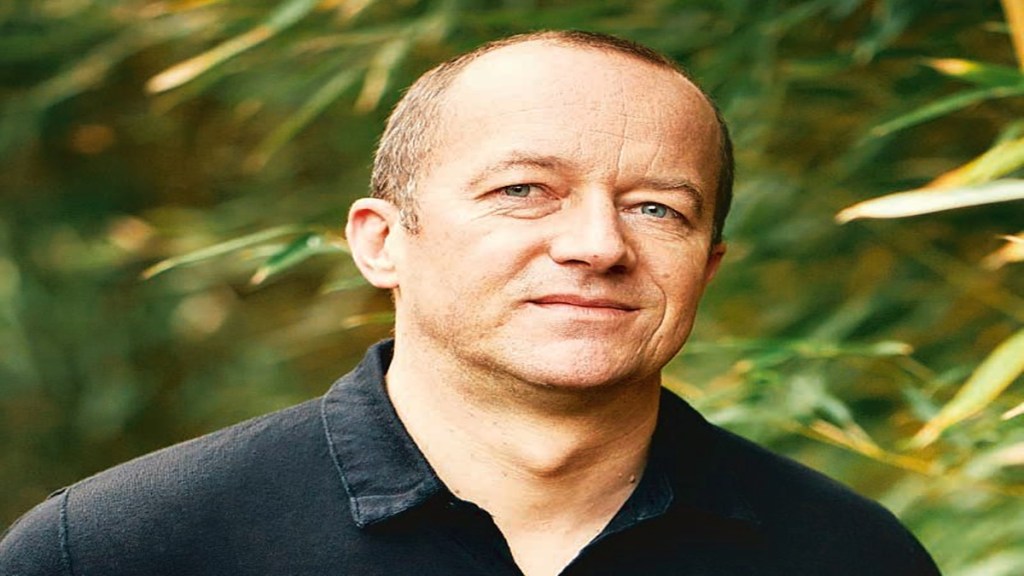Organisations are moving from an environment of ‘cloud chaos’ to a cloud-smart approach today, leading to a more balanced approach towards the usage of the cloud, says Sylvain Cazard, senior vice-president & general manager, Asia Pacific & Japan, VMware. While there are several challenges associated with multi-cloud, VMware is uniquely positioned to help Indian companies become cloud-smart, he tells Sudhir Chowdhary in a recent interview. Excerpts:
What’s new in the enterprise technology space?
The cloud has been an enabler in the technology market for a digital-first type of strategy. Businesses are adding a lot of complexity by using numerous applications, which leads to cloud chaos. I believe we are evolving from cloud-first to cloud-chaos to now a cloud-smart approach, which is more balanced in the usage of the cloud. Cost has also emerged as a key issue, along with security and sovereignty. Overall, we see a much more balanced approach by the enterprises towards the cloud.
Post-pandemic, are businesses becoming value-conscious when it comes to technology adoption?
With the projects that we are doing, it still looks long-term. Enterprises are more realistic about long-term projects that require incremental steps to reach the new modernisation applications. Cost is a driving factor for enterprises. In India, the economy is growing so we are not observing that much of a slowdown in the IT spending here.
How do you see India contributing towards VMware’s overall growth?
India is not only a go-to-market operation but also contributes beyond revenue in terms of R&D product development and significantly in terms of intellectual property creation and support. In India, we have superb capabilities such as robust services and technology to pave the way for accelerated digital transformation. We have a significant presence in the Indian market and have been successfully attracting many people into our organisation.
What are the opportunities you see in the market?
IT infrastructure has a significant potential to be established in the long run in India. Digital transformation is driving a lot of requirements in terms of underlying capacity, infrastructure, connectivity, storage of data recovery, and computing and they are all operating in that space. The second big opportunity is connectivity in healthcare, education, and administrative things. Additionally, as we scale, we are only beginning to encounter application requirements, and our underlying infrastructure is unmatched by anything else in the world.
Which new facets are favouring VMware’s business growth?
For the last 20 years we have been helping enterprises to modernise their on-premises infrastructure for the data centre. We have been developing our multi-cloud strategy to manage the workloads in the cloud data and application named ‘Edge Progressive’. In a market where businesses are considering technology investments or cloud placement, we are well-situated to take advantage of that balancing act.
What is VMware’s future roadmap and long-term strategy?
A multi-cloud strategy is our key business priority because we believe the world is going to be multi-cloud and there is a requirement for having a platform that goes across clouds and connects them. We have been building up a lot of the components to scale up on all markets in the world. Sustainability to interconnect all the clouds is significant to our growth.
Are firms finding it difficult to transform into data-driven businesses?
Yes, they are; because it’s not only technology but rather a lot of cultural changes along with leadership that are taking place. So, the legacy of IT is slowing them down, while some of the enterprises move to new generation AI-based applications.

